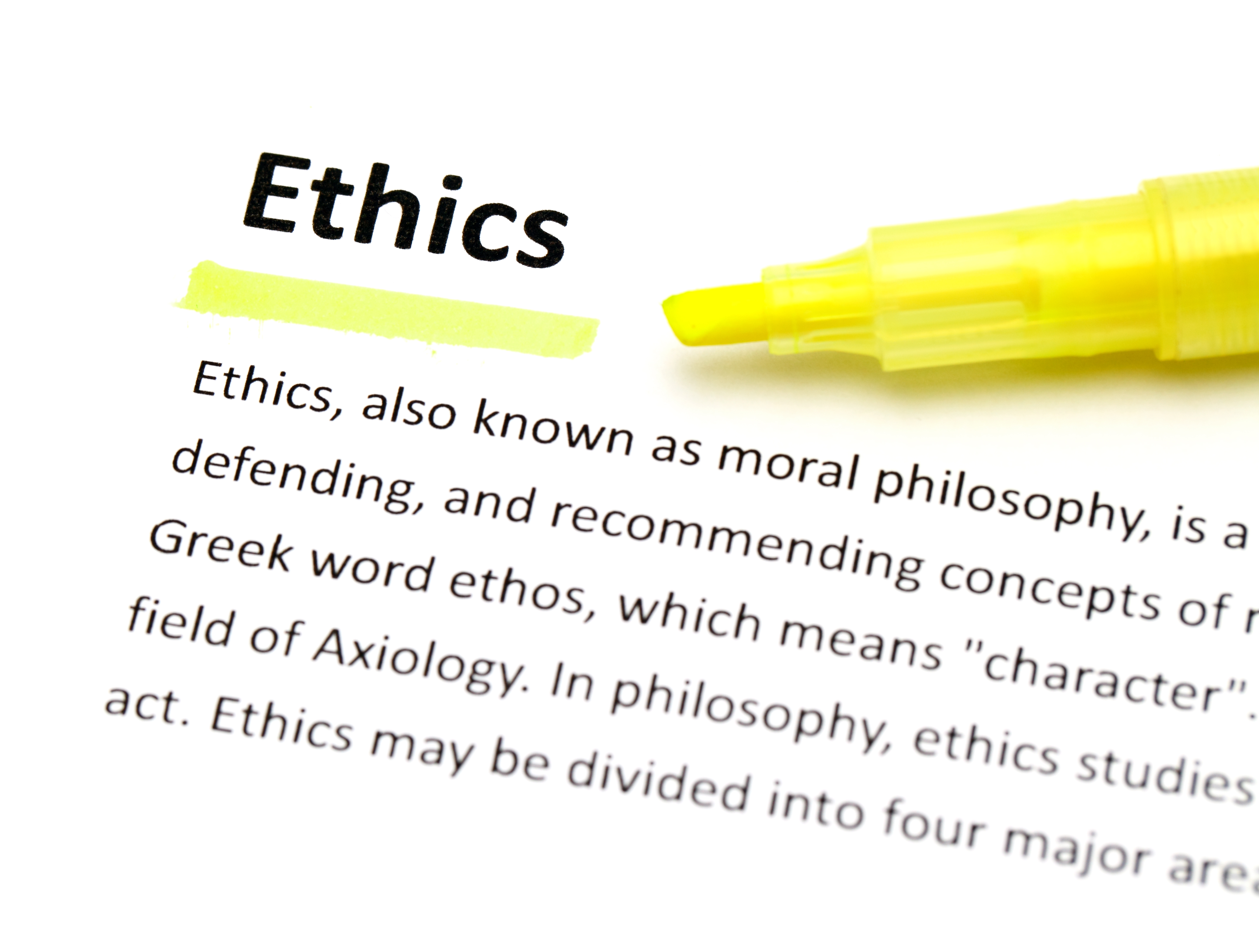Navigating the Ethics of Emerging Technologies and Business Practices
As technology continues to advance at an unprecedented pace, it increasingly intersects with many aspects of our lives and society, including the way we conduct business. While these developments often bring notable benefits, they also present new ethical dilemmas that require our thoughtful attention and navigation.
1. Artificial Intelligence and Machine Learning:
Artificial Intelligence (AI) and Machine Learning (ML) are at the forefront of technological innovation. They have the potential to revolutionize industries and lives with applications ranging from predictive analytics to autonomous vehicles. However, these technologies also raise several ethical concerns.
Issues of transparency and accountability are central to the ethics of AI. As algorithms become increasingly complex, understanding how they arrive at specific decisions becomes difficult, leading to the problem of the so-called 'black box'. Ensuring accountability for AI’s actions, particularly when they lead to harmful outcomes, also poses a significant challenge.
Furthermore, AI and ML systems can perpetuate or even exacerbate existing biases if they are trained on biased data. This raises questions about fairness and discrimination, particularly in sensitive applications such as hiring or criminal justice. Ethical businesses must strive to ensure the algorithms they use are transparent and fair, avoiding discriminatory practices.
2. Biotechnology:
Biotechnology is another rapidly developing field with profound ethical implications. From genetic engineering to CRISPR, the possibilities of biotechnology are immense, but so are the ethical questions they raise.
The manipulation of genetic material in humans, animals, and plants presents challenges related to consent, unintended consequences, and potential misuse. Moreover, the prospect of creating so-called 'designer babies' raises questions about equity, discrimination, and the very nature of what it means to be human. Businesses involved in biotechnology must operate with a high degree of ethical responsibility, as their actions can have far-reaching implications for individuals and society.
3. Cybersecurity and Privacy:
In an increasingly interconnected digital world, the importance of cybersecurity and privacy has never been more paramount. Ethical considerations in this area often revolve around how to balance the need for security with respect for privacy and individual rights.
The widespread collection of personal data raises questions about consent and ownership of data. Furthermore, cybersecurity threats can lead to significant harm, including identity theft, financial loss, and damage to reputation, raising questions about responsibility and redress. Businesses have a moral and legal obligation to protect the data of their customers and stakeholders, and to act responsibly in the event of a security breach.
4. The Role of Tech Companies:
As the creators and purveyors of technology, tech companies play a significant role in shaping its ethical landscape. However, these companies often face conflicts of interest that can undermine their commitment to ethical practices.
From misleading privacy policies to unethical labor practices, the actions of some tech companies have led to widespread criticism and calls for increased regulation and oversight. This raises questions about the balance between innovation and regulation, and the role of profit versus social responsibility in driving technological progress.
Tech companies, like any businesses, have an obligation to operate ethically. This includes respecting labor laws and fair trade practices, being transparent and honest in their dealings with customers and stakeholders, and taking responsibility for the impact of their products and services on society.
5. Business Ethics:
While the intersection of technology and ethics is a hot topic, it's important to remember that ethical considerations are crucial in all areas of business. Ethical business practices encompass a wide range of issues, including corporate social responsibility, fair trade, labor rights, environmental sustainability, and corruption.
Operating ethically in business is not just a moral obligation - it also makes good business sense. Ethical businesses can build stronger relationships with customers, employees, and stakeholders, foster a positive company culture, and enhance their brand reputation. Furthermore, they can avoid legal issues and potential scandals that can harm their bottom line.
6. The Way Forward:
Addressing the ethical implications of emerging technologies and business practices requires a multi-faceted approach. Education and awareness are critical to ensuring that individuals, businesses, and societies can make informed decisions about the use of technology and business practices. Furthermore, policymakers, businesses, tech companies, and other stakeholders must work together to develop effective regulations that balance the need for innovation with ethical considerations.
In conclusion, as we continue to navigate the rapidly evolving landscape of technology and business, it's crucial that we keep ethical considerations at the forefront. Only by doing so can we ensure that technological progress and business practices align with our values and serve the best interests of all.
---
- CTORescues.com
- July 7, 2023
- Brody, Daniel
- COPYRIGHT 2023 YOM SHORE VENTURES LLC ALL RIGHTS RESERVED